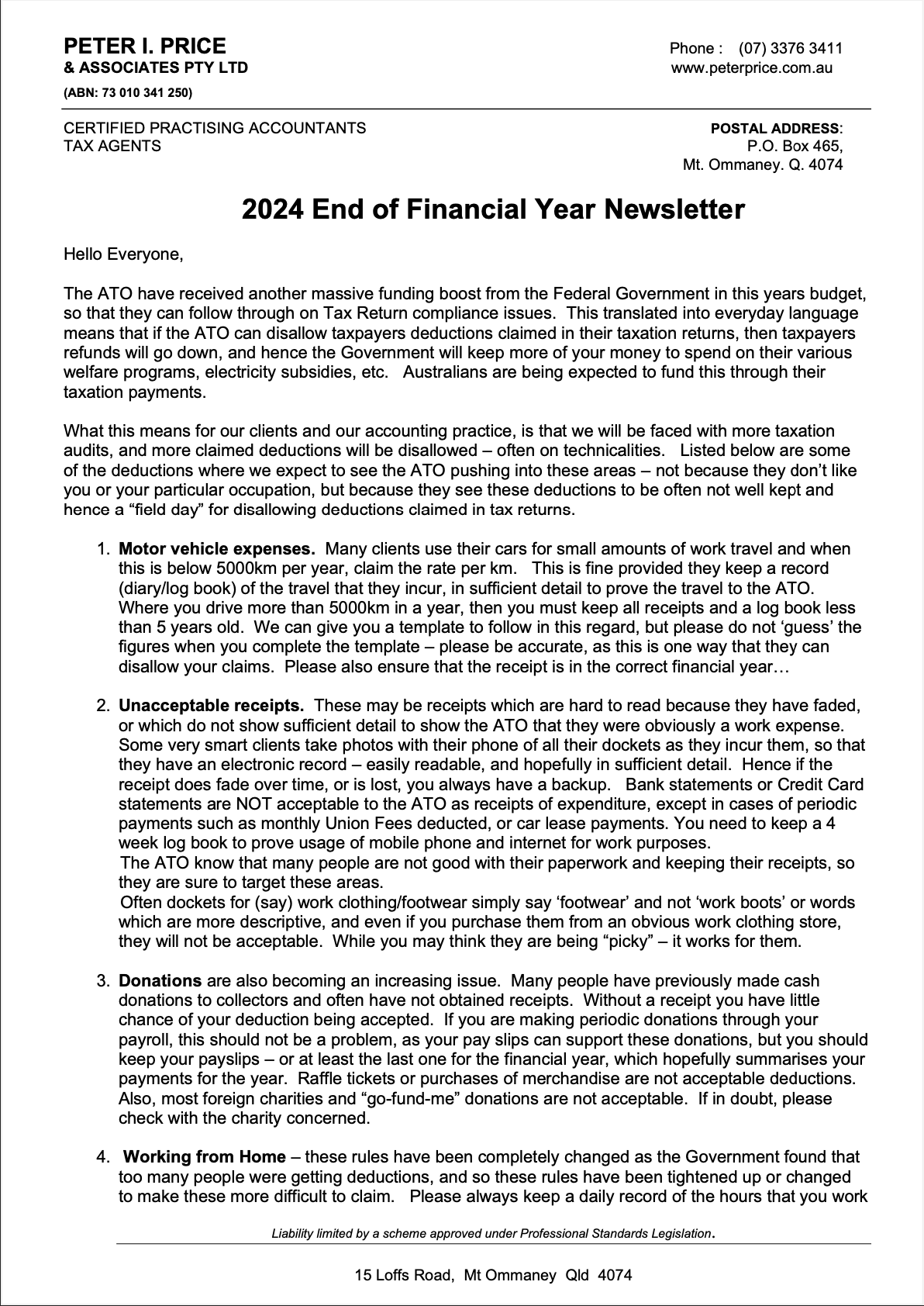Practitioners cautioned on ATO’s top target areas for GST

.
GST registrations, unpaid GST debt and property transactions are three of the major areas the ATO is currently monitoring in relation to GST, Accurium head of education Lee-Ann Hayes has warned.
Speaking at the Tax Practitioners Day 2024, Hayes warned the ATO has intensified its compliance regarding unpaid GST in recent months as it looks to reduce its large debt book.
For unpaid GST, Hayes warned that the ATO is now moving more quickly to issuing DPNs and garnishees and is issuing DPNs capturing the total value across all related entities where applicable.
The ATO has been able to issue director penalty notices for unpaid GST for almost five years now, she noted.
Hayes said property continues to be a "hot area" for the ATO's GST compliance activities given the complexity and high dollar value involved with property transactions.
"That will always be an area attracting the attention of the ATO, particularly if we get it wrong," she said.
"We can have a property transaction classified in one of three ways with respect to GST. It could be a taxable supply, it could be GST free or it could be an input tax supply or possibly a fourth one where its completely outside scope. So it's a complex area," she said.
In terms of GST registration, Hayes said the main issues relate to when a business or enterprise is required to be registered and where it needs to go back and retrospectively register.
As tax practitioners would be aware, Hayes said an enterprise or business can be registered for GST even if they're not required to be as long as they're carrying on an enterprise.
"An enterprise is not as big as a business and can just include a simple leasing activity."
"When the enterprise is commenced, we might not even think about being registered for GST at that particular point in time because there's simply not enough turnover," she said.
However, a few years later the enterprise may decide that it does want to be registered for GST, she explained.
"They may think it's beneficial to backdate our registration for whatever reason. The earliest that you can backdate a registration is four years.
"Even if the commissioner wants to register you retrospectively, particularly because you were required to be registered, the Commissioner can't go back further than that four year period unless of course there's fraud or evasion.
This is slightly different from the amendment period, she said, adding that there is a four-year amendment period for amending a GST return.
"That four-year period commences from when we lodge our business activity statement and the GST return."
"So if you're already registered for GST but you don't lodge your GST return for a particular period, then you haven't started the clock."
"[This means] that if don't lodge that GST return, we can get five or six years down the track and the Tax Office can come back and say 'hey we want the GST from that earlier period'."
Hayes said this issue emerged in a court case which involved a mechanic business that was registered for GST but had not lodged business activity statements.
"The ATO made contact with them and they explained that they were getting everything in order and working out what the GST liability was as they got all the paperwork in place."
"Now of course when they did that, they also sought to claim input tax credits for that period and when they netted the two off they were obviously exposed, but thought that exposure was nowhere near where it could have been.
However, the four-year time limit for claiming input tax credits commences regardless of whether the GST return has been lodged.
"It is quite different from the amendment period which only starts once you lodge your GST return."
"So you've got quite a different outcome depending on whether you're already registered for GST or not."
Miranda Brownlee
21 November 2024
accountantsdaily.com.au

